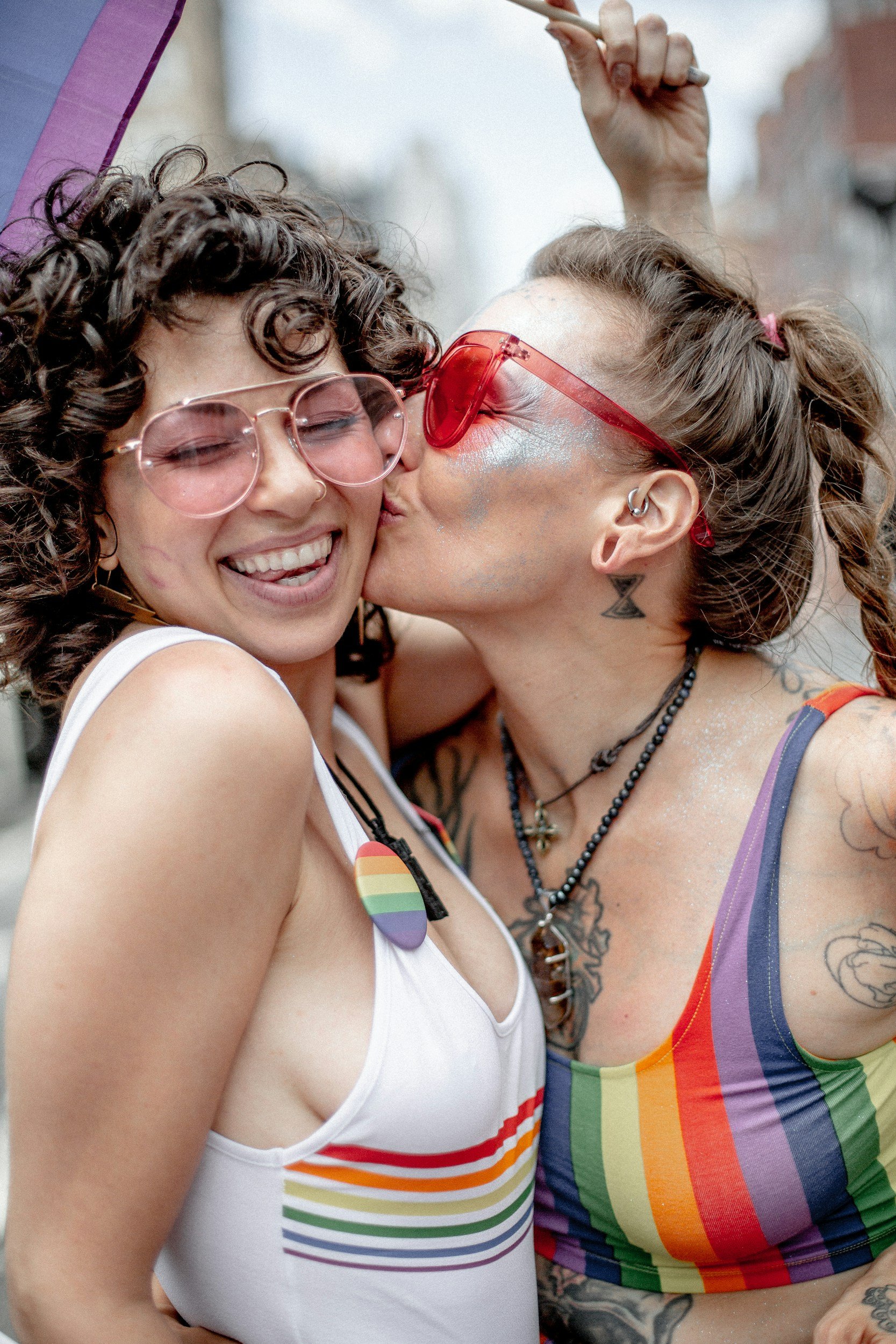

How to Celebrate Pride Month
The month is dedicated to celebrate the struggles and successes of those who identify as part of the LGBTQ+ community and is filled with parties, parades, and community events. You might be asking yourself what a person celebrates for a whole month and I would be happy to answer that! Pride month is not just a month of getting wild and showing off your colors, it’s also a time to reflect on diversity and it’s implications.

Reflection Over The Year: Tim
As I reflect back on 2018, I realize that this past year has brought about many changes to my life. Growth happens to be the word that comes to mind most often during my reflections. This happened in many parts of my life and I couldn’t be more pleased. Growing responsibilities, family, and realizations of my priorities have completely changed the way I view my life. This is difficult, as well as fulfilling.

Where is the Love: LGBTQ+ Stigma, Hatred, and Violence
Have you ever thought what it would be like to not be accepted for who you are? Have you had someone give you funny looks as you kiss your loved one? Sometimes, people wonder if that is because people were never taught any differently, or because they have hatred in their heart. I am here to tell you it can be for numerous reasons and not just the two above.

PFLAG: The Parent’s Process
Wow. This is hard. Or maybe it’s not. But, it’s probably hard. If your child has recently come out as identifying on the LGBTQ+ spectrum, you might have said this is hard to yourself. Although we desire our children to grow up and live the way that feels right for them, we also create certain aspirations for them.

Demystifying the Process: How to End Counseling
Just like the intake session, the termination session is a bit different than other sessions you have had. Experiencing a healthy good-bye is a powerful thing so it’s important to have a termination session. We want to provide you with a little of what to expect from it.
